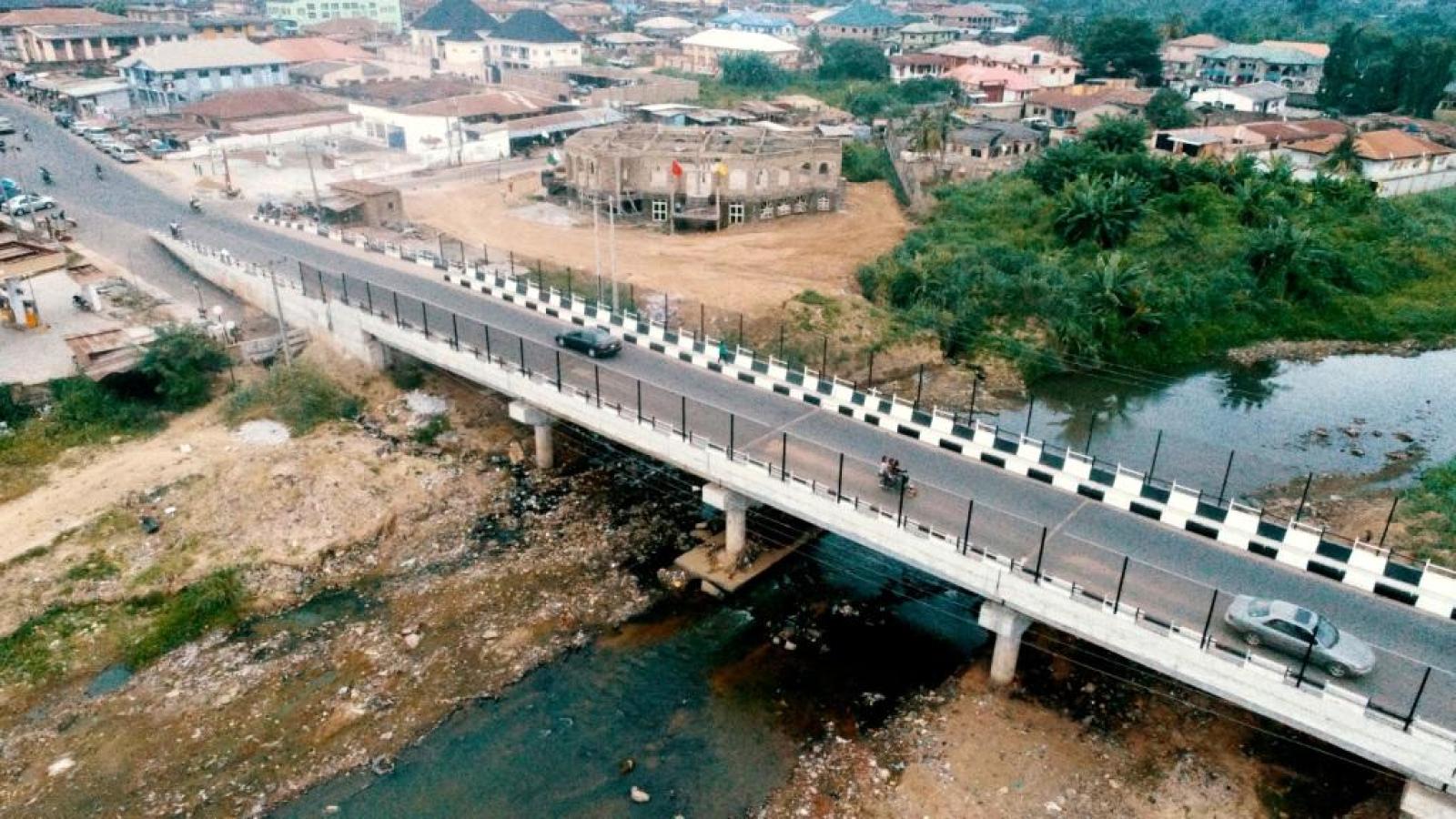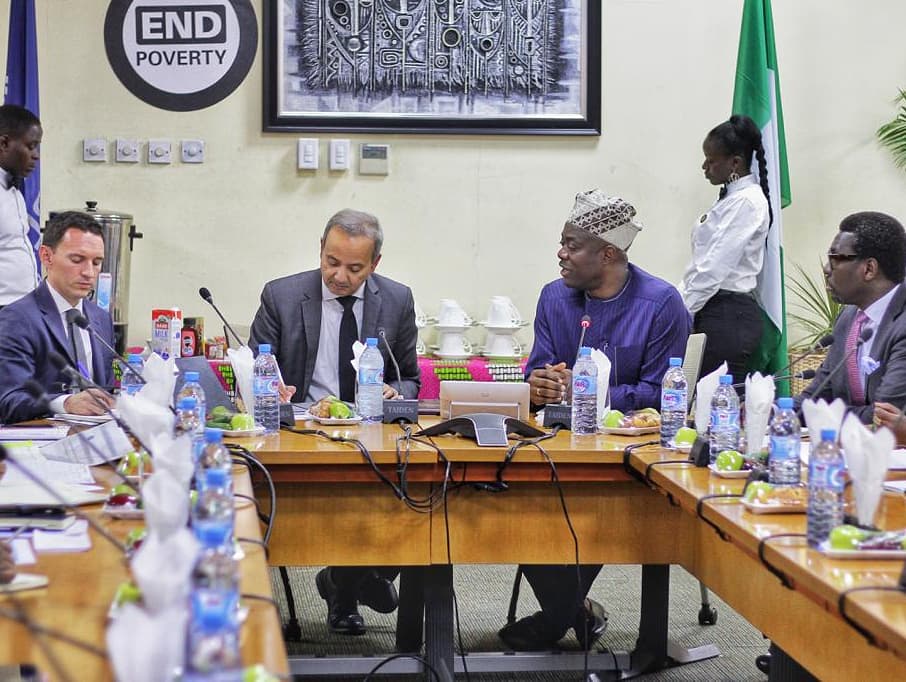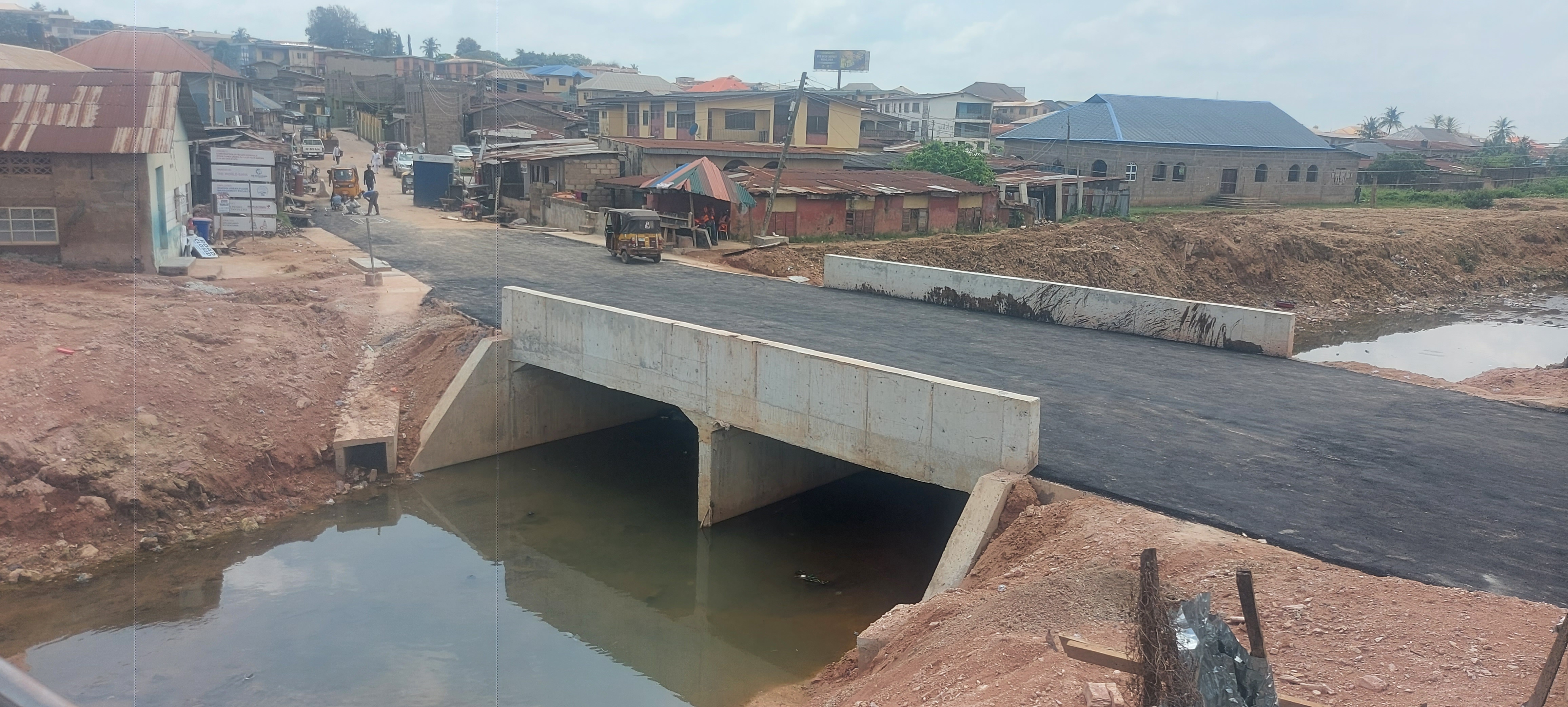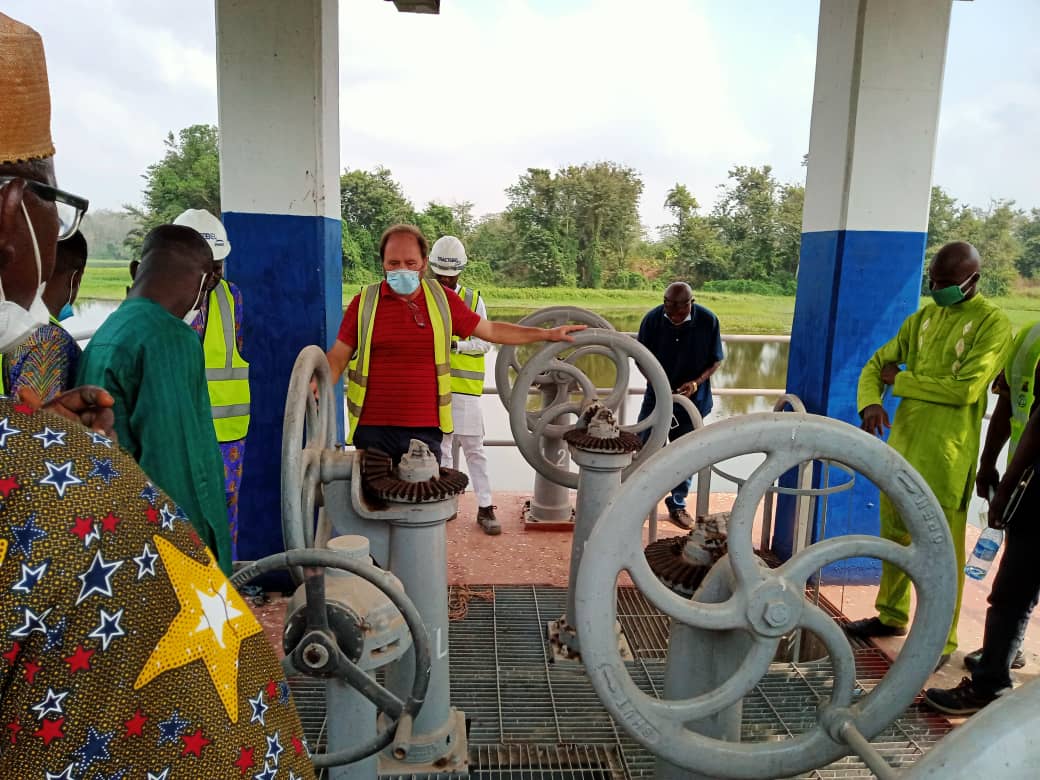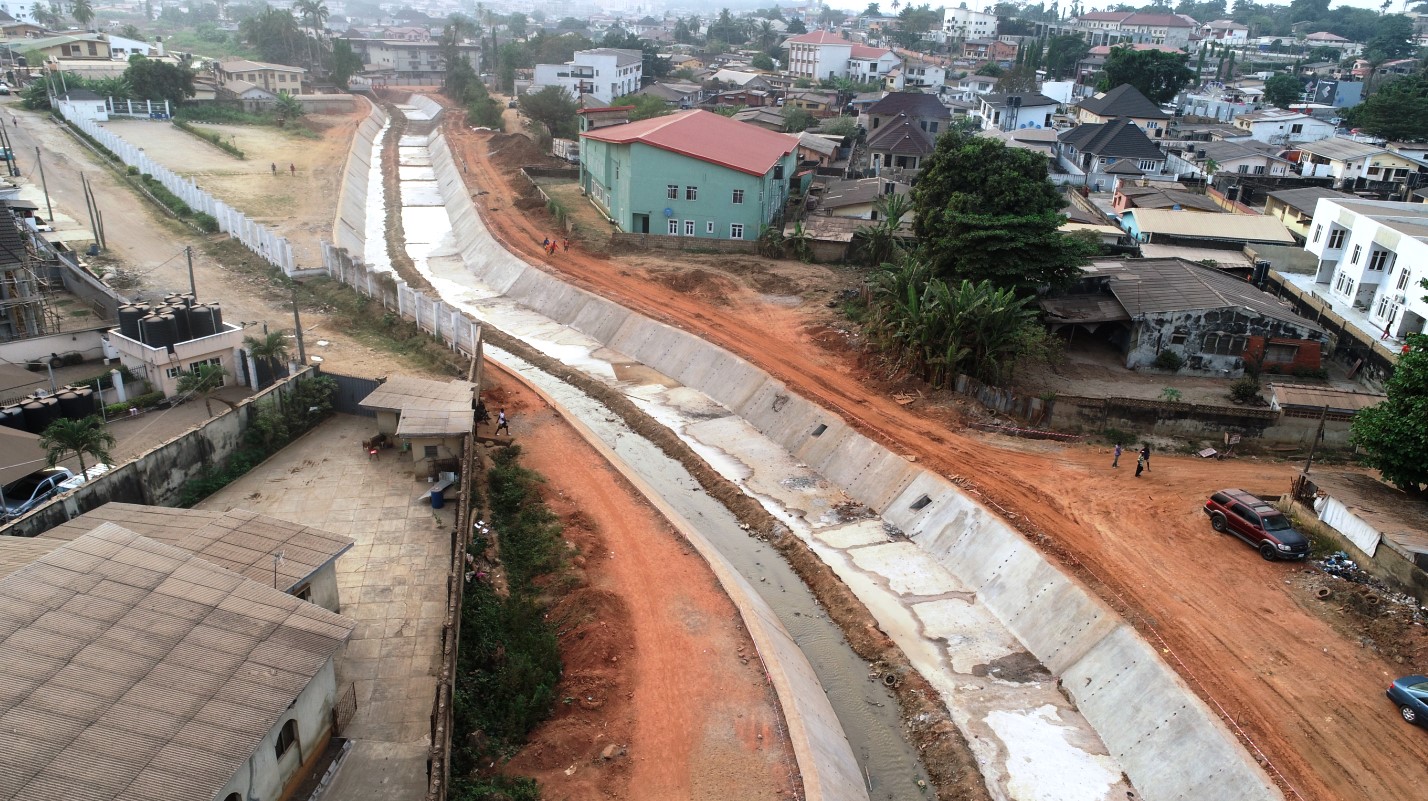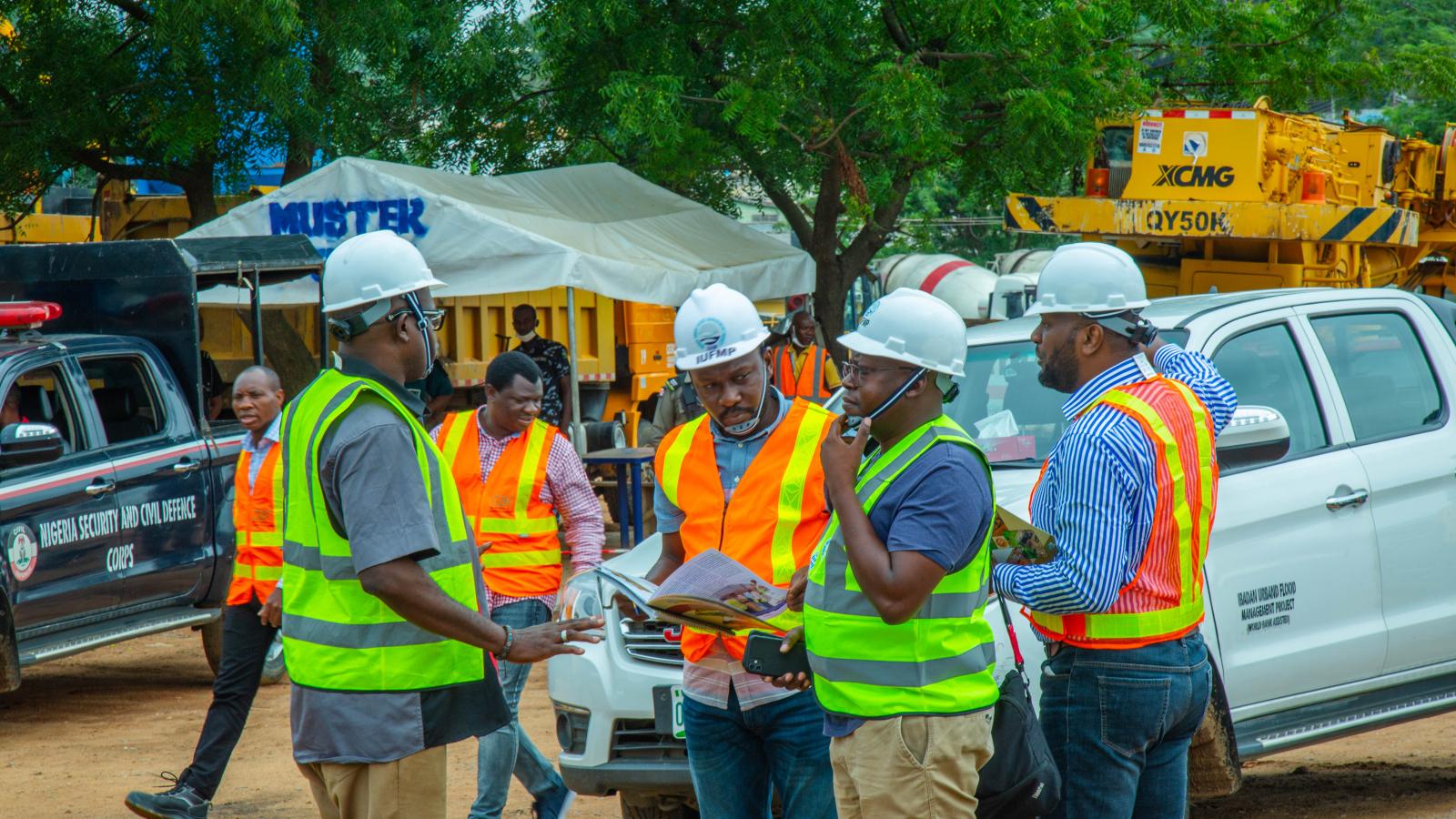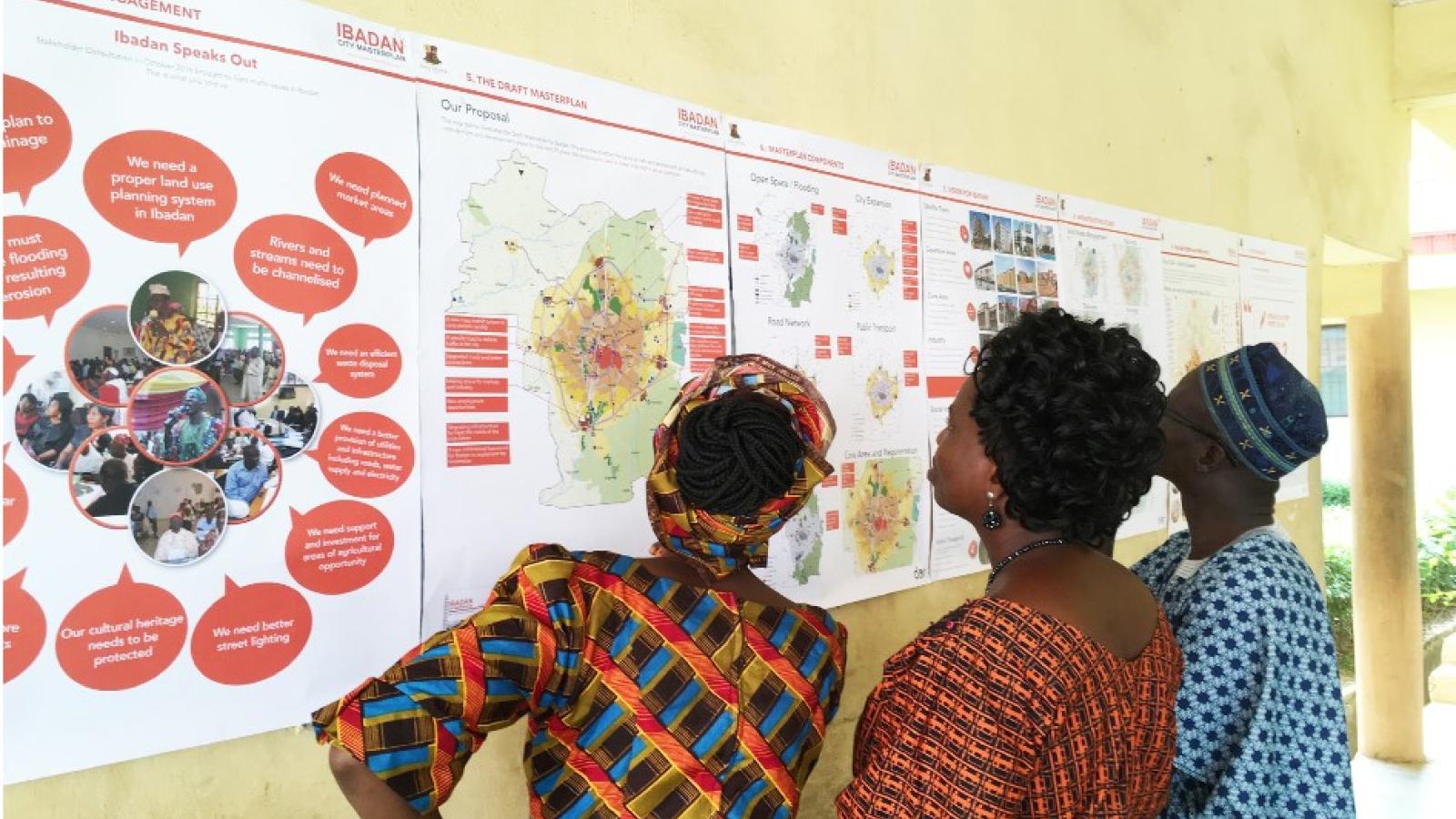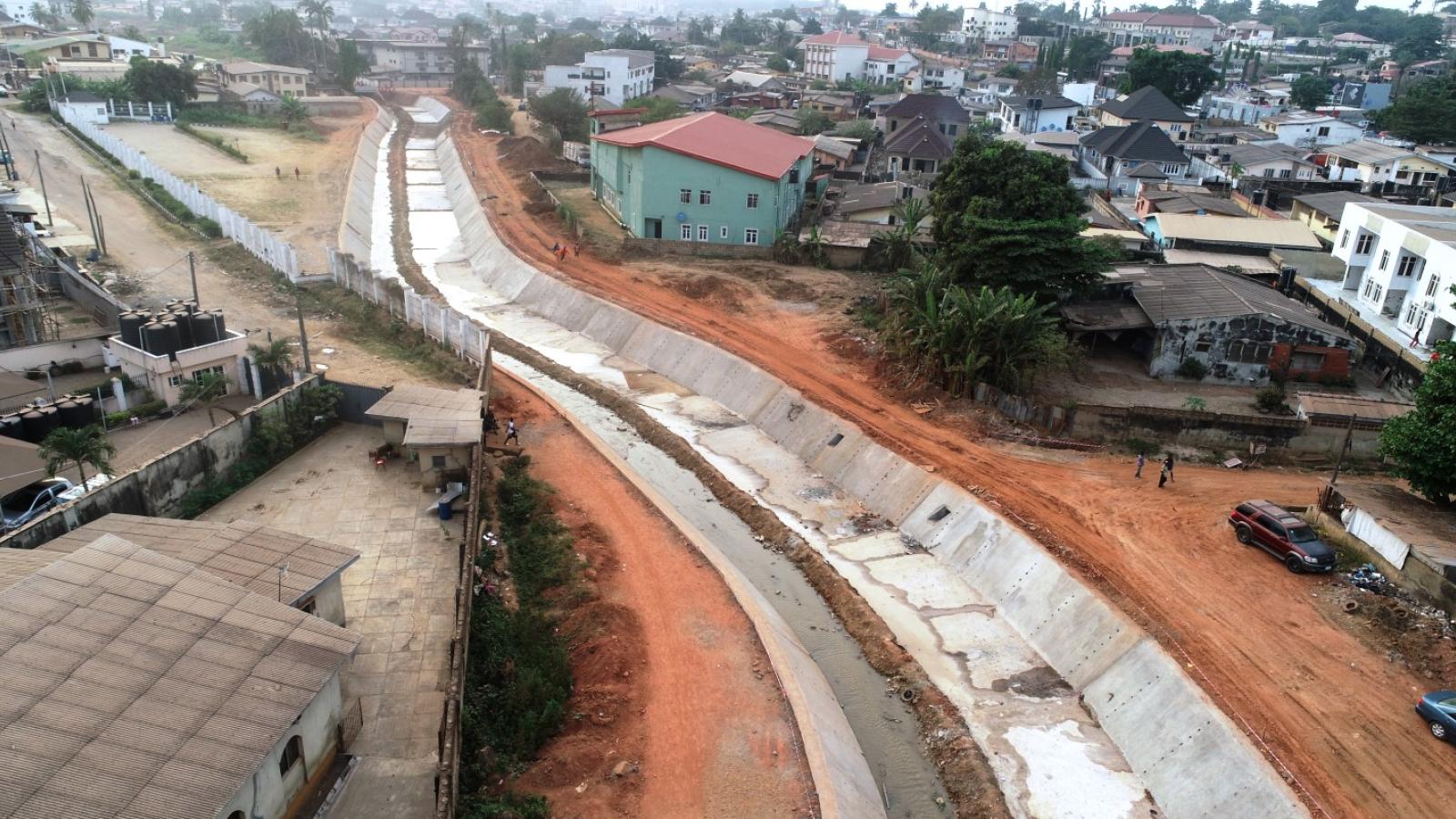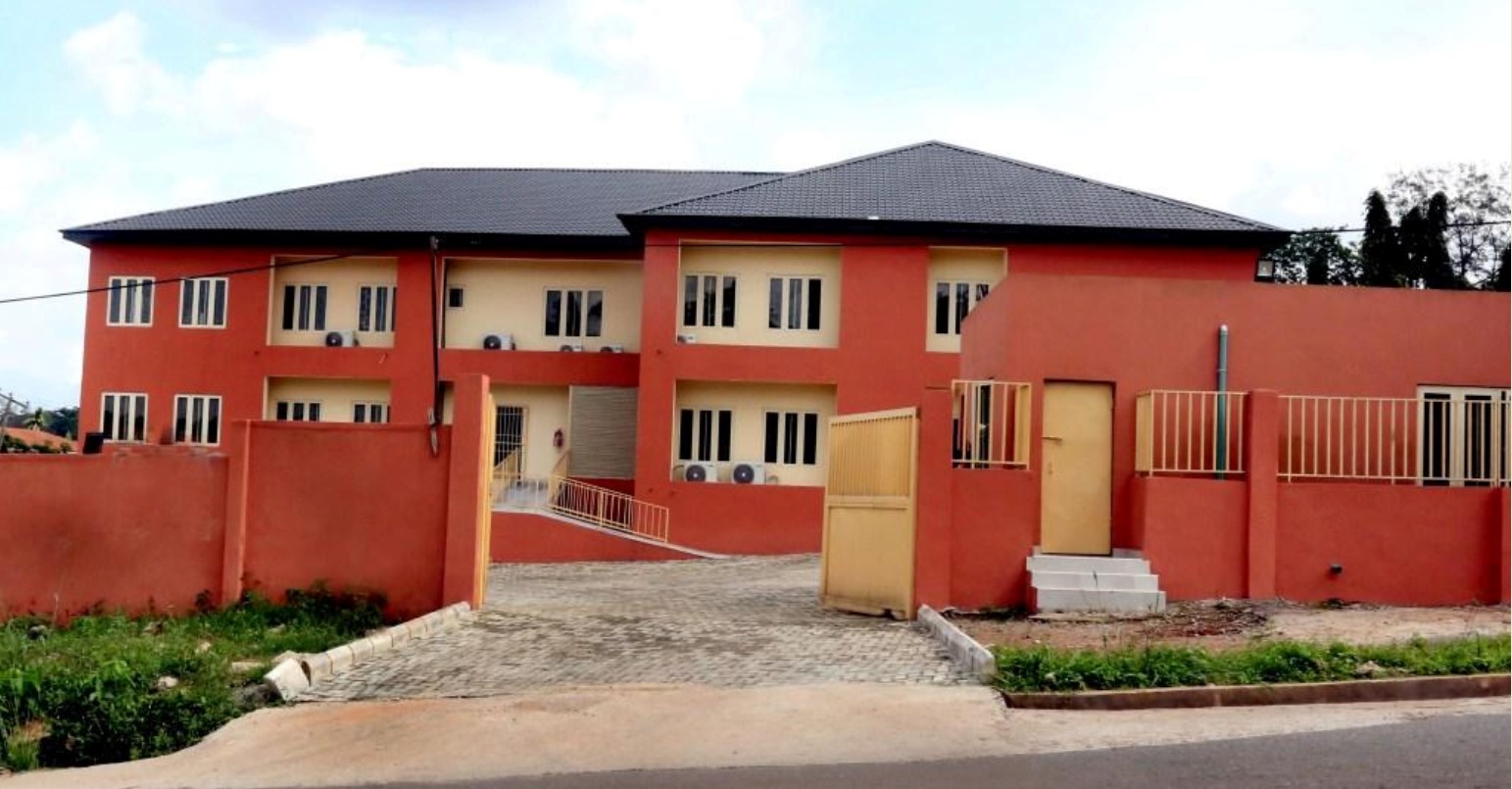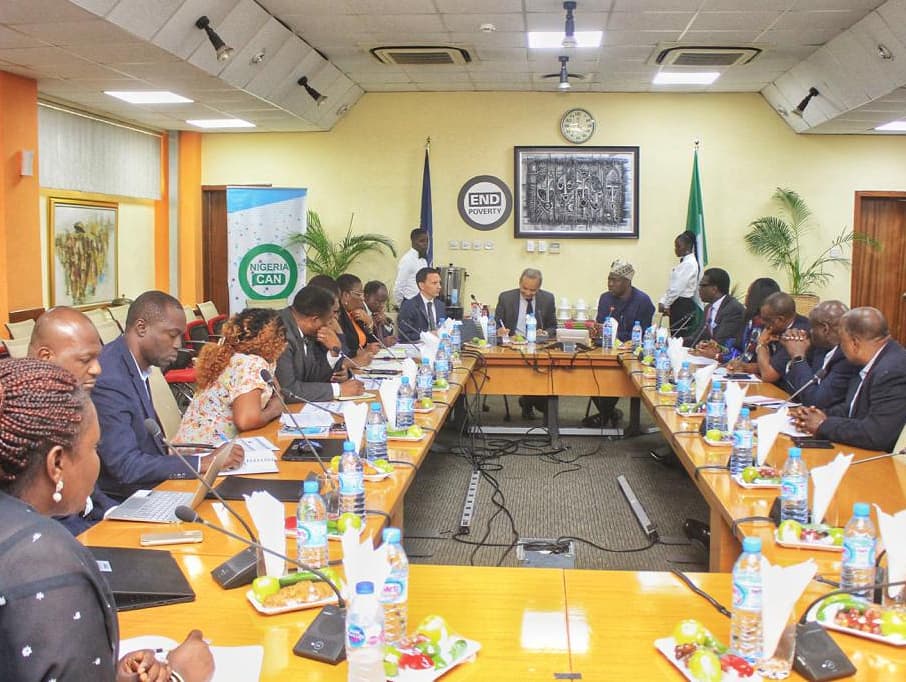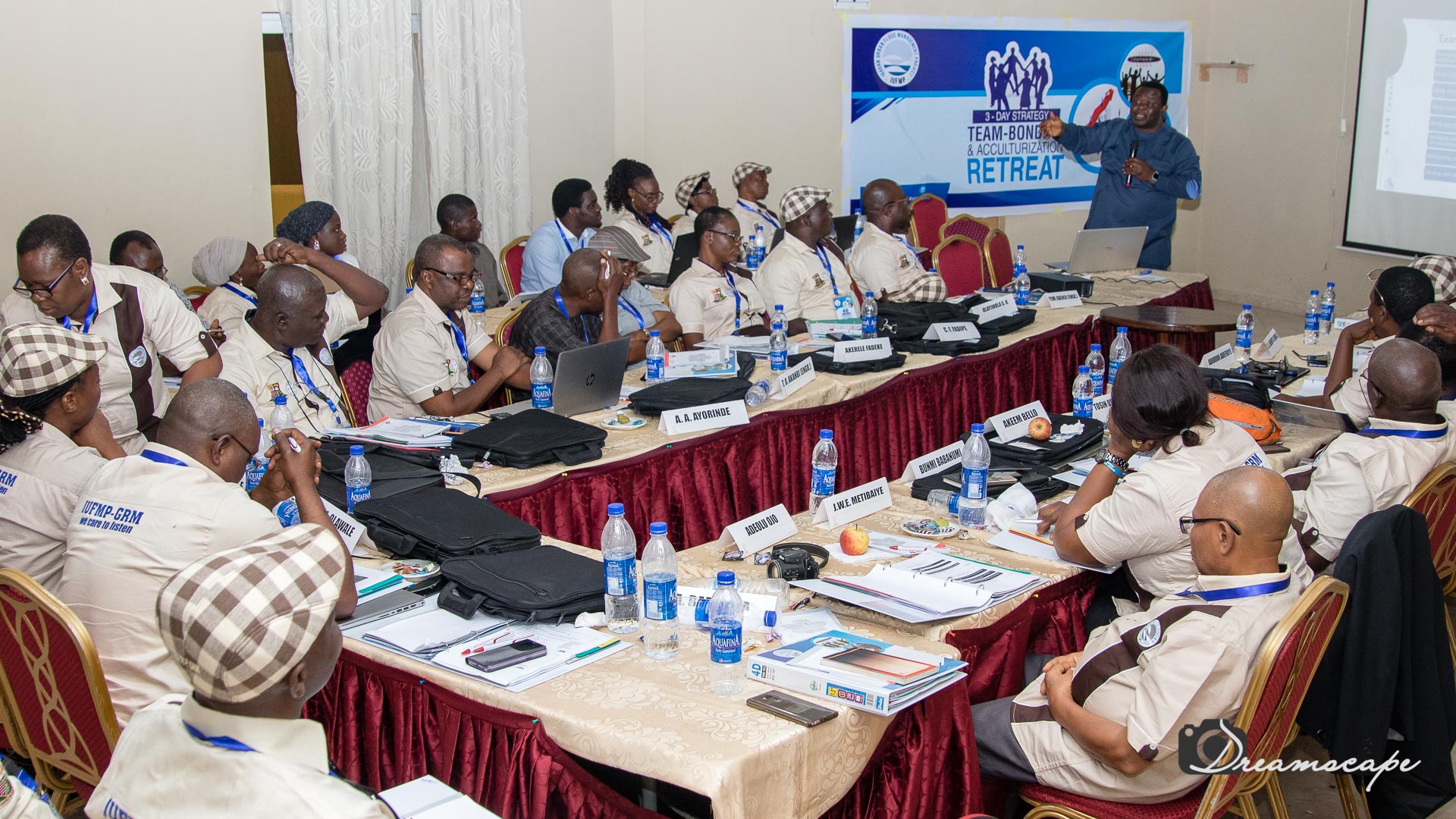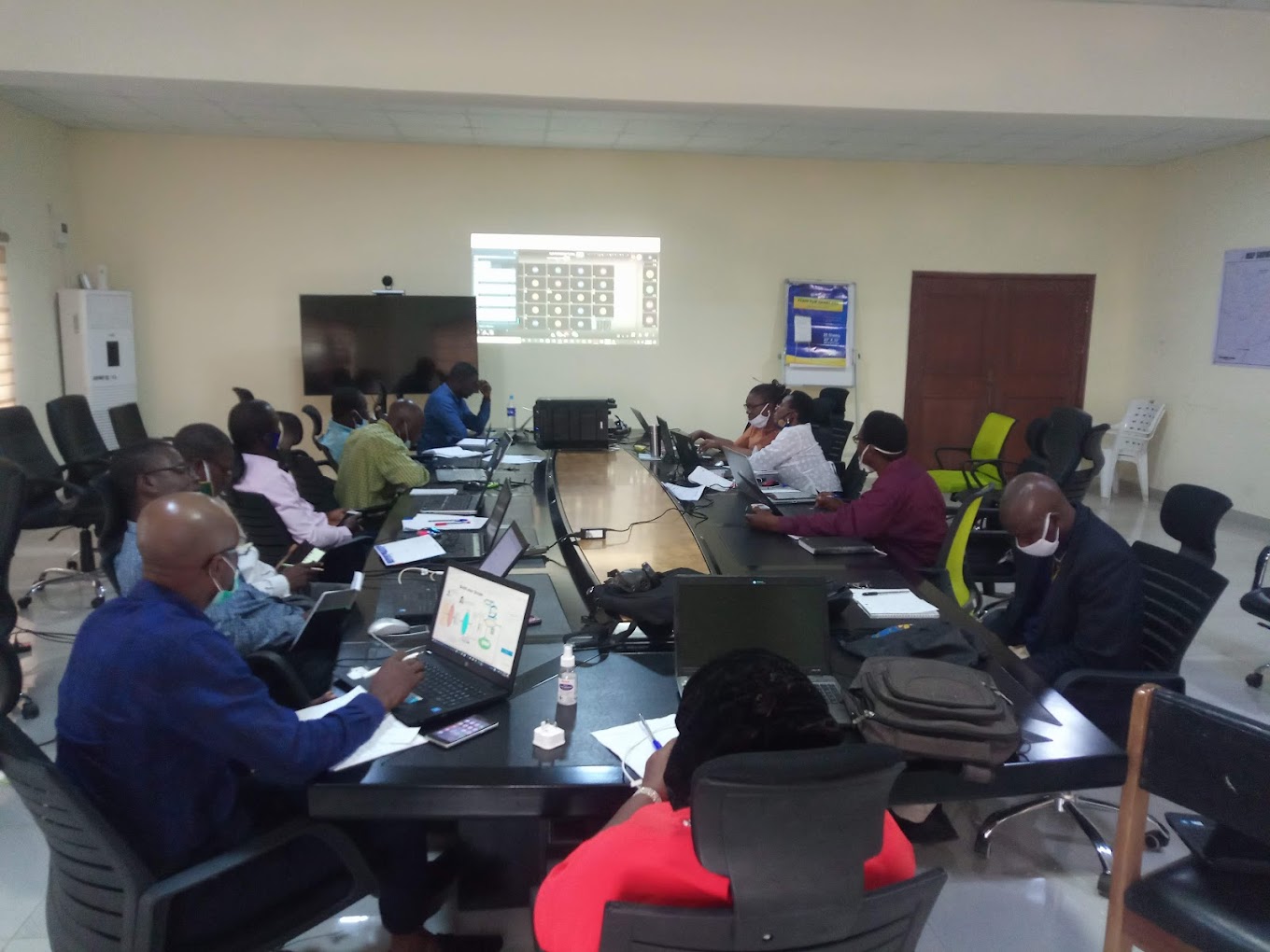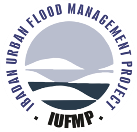History of Flooding in Ibadan City
Ibadan City is the third largest metropolitan area in Nigeria after Lagos and Kano. Ibadan is the capital city of Oyo State. Its current population (2023) is estimated to be at 3.87 million, with a population growth rate of 3.17%. Rapid urban growth in Ibadan has led to both positive and negative externalities.
The city’s predisposition is obviously triggered by a number of factors. These include its undulating topography characterized by an intercrop of hilly and lowland settlements, the presence of four major rivers traversing the city, the relatively unplanned building layouts, poor land use and deforestation.
Ibadan is drained largely by Ona River, Ogbere River, Ogunpa River, and lately Omi River, each of which has huge potentials to overflood, in view of the massive encroachment into their banks and courses. Thus, Ibadan has been known over the years to be a city at periodic risk of devastating flooding, with attendant consequences of colossal loss of lives, property, and livelihoods.
Ibadan City is highly exposed to frequent flooding and has been experiencing an increasing number of flood events for well over 50 years with 16 major events recorded.
The most recent floods of August 26, 2011 caused significant human and economic losses in the city, primarily in the housing, education, agriculture and transport sectors.
Ibadan Urban Flood Management Project

Ibadan Urban Flood Management Project (IUFMP)
The Ibadan Urban Flood Management Project (IUFMP) was set up on June 17, 2014 by the Oyo State Government, with the funding and technical support of the World Bank, in response to the devastating flood of 26th August, 2011 which claimed about 120 lives and destroyed properties valued at tens of billions of Naira.
A joint preliminary assessment by the World Bank and the Oyo State Government identified multiple and interconnected factors contributing to the growing challenges that Ibadan had with flood management.
The Ibadan Urban Flood Management Project is therefore aimed at developing a long-term flood risk management framework by initiating risk assessment, community awareness, and providing enough flexibility in the project design to make changes based on learning.
The project is also designed to support capacity building for flood risk management in the city of Ibadan, reinforce Oyo State government’s early warning and response capabilities and leverage on existing World Bank projects (such as the Community and Social Development Project, CSDP).
The Project’s interventions are made up of largely two measures:
- Structural Measures: Construction and reconstruction of bridges, culverts, dams, drains as well as channelization of rivers.
- Non-Structural Measures: Development of strategic master plans, design and installation of flood early warning services and mounting of behavioural change communication initiatives.
IUFMP Project Components
The project consists of three main components described as:
(i) Flood Risk Identification, Prevention and Preparedness Measures;
(ii) Flood Risk Reduction; and
(ii) Project Administration and Management Support.
Flood Risk Identification, Prevention and Preparedness Measures
The objective of this component is to assess flood risk in the city of Ibadan, plan risk reduction measures, and finance preventive structural and non-structural measures to enhance flood preparedness. This will be achieved through a number of sector-specific and specialized Master Plan studies, and by designing and establishing an integrated flood early warning and response system. This component consists of the following four sub-components:
- Ibadan Flood Risk Management Investment Program
- Ibadan Long-Term Flood Resilience Strategy
- Ibadan Flood Early Warning and Response System
- Contingency Component
Flood Risk Reduction
The objective of this component is to ensure flood risk mitigation through structural measures by financing public infrastructure investments for flood mitigation and drainage improvements. This component consists of the following two sub-components:
- Priority Infrastructure Improvement Program in “Priority Sites”
- Long-term Integrated Flood Risk Mitigation Measures divided into:
(i) “Critical Socio-Economic Sites"
(ii) “Urban Drainage Sites” are “Targeted Sites"
Project Administration and Management Support
Responsible implementation of projects, human resources, procurement of goods, equipment, and project management requires an effective project administration and management support. These sub-components include:
Project Administration
This sub-component relates with the implementation of the project for goods, equipment and staff as it:
- Handles procurement of supplies, furniture, ICT equipment, transport vehicles for the Project Implementation Unit (PIU), and comprehensive set of Project maps (geospatial, soil, topography, etc.);
- Manages office running costs (office rent, electricity, water, internet, telephone, fuel, stationary, ICT items, etc.);
- Manages external financial and technical audits which will monitor the project execution periodically and report directly to PIU/Steering Committee;
- Oversees PIU and Independent Advisory Group.
Project Management Support
The Project Management Support subcomponent relates with the procurement of project management consultancy for an initial period of two years, renewable for an additional two years based on project implementation needs, PIU capacity building requirements, and consultant's performance.
The scope of this activity involves supporting the PIU in project management activities and providing technical support for project implementation and advising on fiduciary and safeguards related matters.
Contact Us
Send us mail
Visit Us
Ibadan Urban Flood Management Project (lUFMP)
Project Implementation Unit, Quarter 1068, Oba Akinyele Street, along Federal Secretariat Complex Road, Agodi GRA, Ibadan, Oyo State, Nigeria.
Phone No: 0809-776-8739 Email: info @ ibadanflood.org



